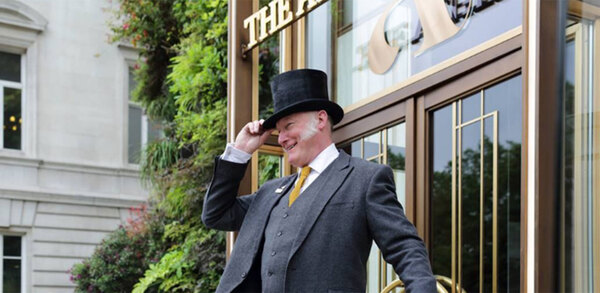BaxterStorey and Brunning and Price among those 'named and shamed' over failure to pay minimum wage
BaxterStorey and Brunning and Price are among over 200 companies that have been named and shamed for failing to pay staff minimum wage.
The 202 employers listed by the Department for Business and Trade breached national minimum wage law and owed almost £5m to 63,000 workers combined.
Over a quarter of identified businesses (57 out of 202) were from hospitality.
Contract caterer Baxterstorey came sixth for failing to pay over £185,000 to 2,166 workers, while pub group Brunning and Price (pictured) came ninth for keeping almost £99,000 from 1,500 workers.
A spokesperson for BaxterStorey said: “In 2018, HMRC made us aware of an administrative error that impacted some employees' pay. This issue was addressed immediately and rectified, and we have worked closely with HMRC to put processes in place to ensure this error doesn’t happen again. We deeply value the contributions of our employees and remain dedicated to upholding a work environment that is fair and supportive for everyone."
A spokesperson for TRG, which owns Brunning and Price, said that there had been errors in recording time employees were spent in training.
They added: “These historic underpayments relate to a misinterpretation of rules on staff dress code and to the recording of time spent on online training when off-site.
“We have gladly made the appropriate payments to current and previous employees and have updated our policies and processes accordingly.”
Other businesses who failed to pay minimum wage included Macdonald Hotels, Hickory’s Smokehouse and Whitbread Group.
Kevin Hollinrake, minister for enterprise, markets and small business, said: “Paying the legal minimum wage is non-negotiable and all businesses, whatever their size, should know better than to short-change hard-working staff.”
The businesses in the list have since paid back what they owe to staff and have also faced financial penalties after the conclusion of HMRC investigations between 2017 and 2019.
Four in ten (39%) employers had deducted pay from workers’ wages; another four in ten (29%) had failed to pay workers correctly for their working time; and one in five (21%) had paid the incorrect apprenticeship rate.















